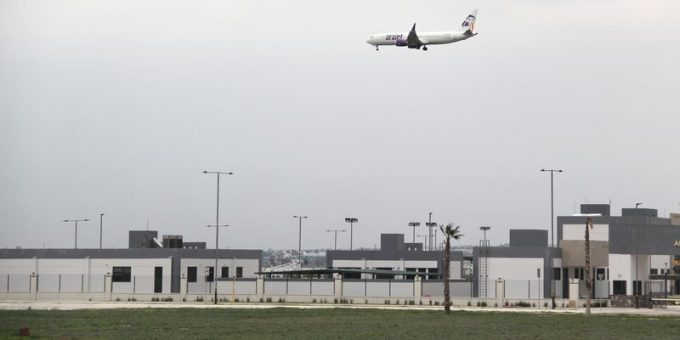TAAG Angola gears up to boost regional air cargo in southern Africa
TAAG Angola is pursuing a regional expansion of cargo services, with plans to make Luanda ...

The International Air Transport Association (IATA) has called for talks with Mexican authorities to avoid a repeat of the mistakes that hobbled the start of freighter operations at Felipe Angeles International Airport (AIFA) a year ago.
The call comes as the industry braces itself for the imminent expansion of the capital city’s designated airfreight hub.
Operations at AIFA got off to a chaotic start on 1 September last year, after the government banned freighter operations at ...
Trump tariffs see hundreds of cancelled container bookings a day from Asia
'To ship or not to ship', the question for US importers amid tariff uncertainty
'Disastrous' DSV-Schenker merger would 'disrupt European haulage market'
'Chaos after chaos' coming from de minimis changes and more tariffs
Forto 'sharpens commercial priorities' as it lays off one-third of staff
List of blanked transpac sailings grows as trade war heats up and demand cools
EC approves DSV takeover of DB Schenker
Overcapacity looms for ocean trades – with more blanked sailings inevitable
Amazon Air’s metamorphosis: 'a different air cargo unit from two years ago'
Shippers in Asia restart ocean shipment bookings – but not from China
India withdraws access for Bangladesh transhipments, in 'very harmful' decision
'Tariff hell' leaves industries in limbo – 'not a great environment to plan'

Comment on this article